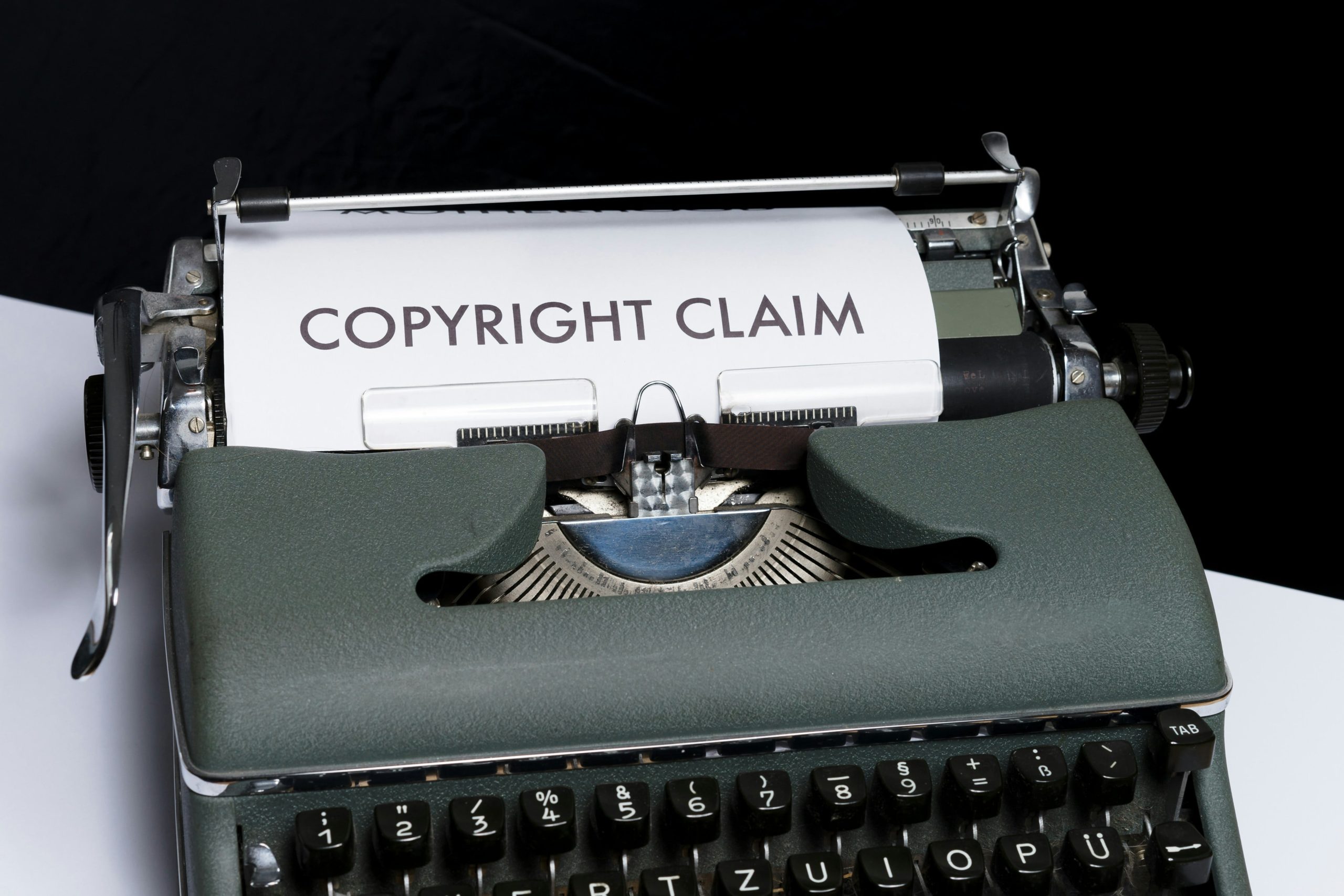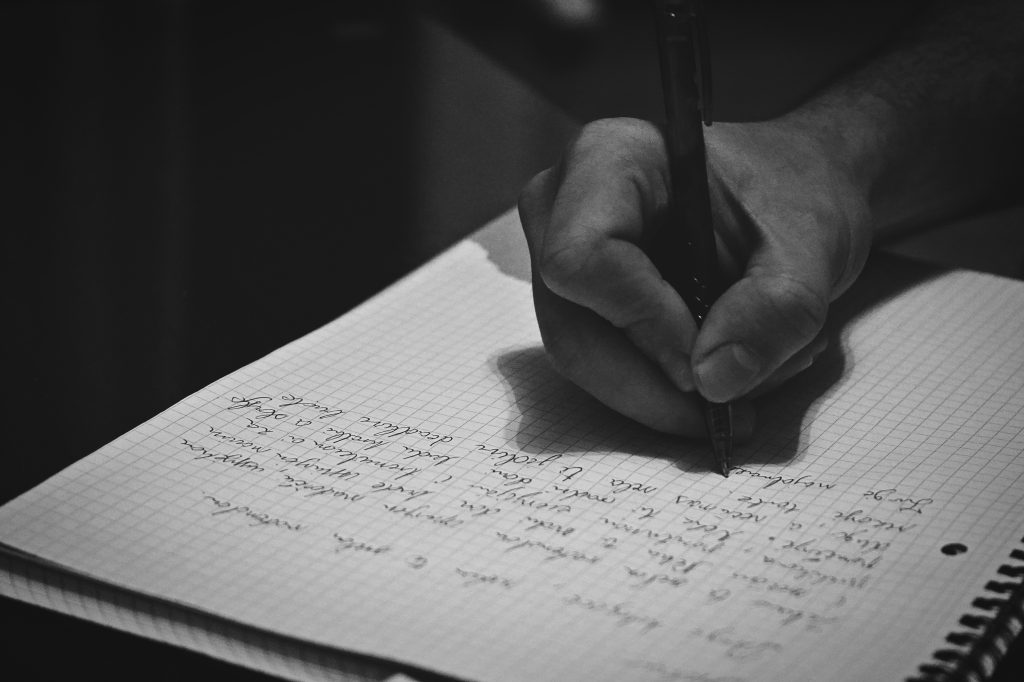
20 Oct Ethical Writing Matters: Understanding Plagiarism, Copyright, and Integrity
INTRODUCTION
Integrity is the foundation of academic, creative, and professional publishing. It ensures that knowledge is produced, shared, and credited responsibly. In a world where information circulates quickly across digital platforms, maintaining ethical standards has become essential for protecting authenticity and credibility. Upholding ethical conduct benefits not only authors and publishers but also educators, researchers, and readers who rely on trustworthy information. This article explores the interconnected themes of plagiarism, copyright, and ethical responsibility in publishing, outlining how these principles help sustain honesty and quality in written communication.
Defining Key Concepts
Plagiarism
Plagiarism occurs when someone presents another person’s ideas, words, or creative work as their own without proper acknowledgment. It is a serious ethical breach that undermines originality and honesty in writing. Forms of plagiarism include direct copying, paraphrasing without citation, mosaic plagiarism (blending one’s own writing with unattributed sources), and self-plagiarism, where an author reuses previous work without transparency. Whether intentional or accidental, plagiarism damages trust and can lead to loss of credibility. Recognizing and properly citing sources is essential for maintaining academic and professional integrity.
Copyright
Copyright is a system that protects the rights of creators over their original works, ensuring they receive proper acknowledgment and control over how their creations are used or reproduced. It applies to a wide range of materials, including literature, music, art, and digital media. The main purpose of copyright is to encourage creativity by rewarding original authorship. While the concept is governed by different national laws, its principles remain consistent: it safeguards originality while allowing limited use of materials for purposes such as education, commentary, or research—often referred to as “fair use” or “fair dealing,” depending on the jurisdiction. Understanding copyright helps authors and publishers respect ownership and avoid misuse of intellectual content.
Ethical Considerations in Publishing
Ethics in publishing extends beyond plagiarism and copyright compliance. It involves fairness, transparency, accountability, and respect for intellectual contribution. Ethical authorship means representing data truthfully, acknowledging all contributors, and avoiding practices such as falsification or misrepresentation. Ethical publishing also requires respect for the reader’s trust—ensuring that information is accurate, reliable, and free from bias. When these standards are upheld, the publishing process contributes to the honest advancement of knowledge.
The Importance of Integrity in Publishing
Integrity is essential to sustaining credibility in any publishing environment. For authors and researchers, it strengthens professional reputation and demonstrates responsibility toward readers and peers. For publishers and institutions, it ensures that publications meet rigorous standards of accuracy and fairness. For readers, it fosters confidence that the material they engage with is authentic and dependable. Ultimately, integrity in publishing supports the growth of human understanding, allowing knowledge to evolve on a foundation of truth and respect for intellectual labor.
Ethical Considerations in Publishing
Maintaining ethical standards requires attention to several aspects of the publishing process. Authorship should accurately reflect contributions, with all collaborators properly recognized. Correct citation practices are necessary to prevent plagiarism and support intellectual transparency. Data integrity is equally vital—research findings must be presented honestly, without manipulation or omission. Conflicts of interest should be openly disclosed to preserve objectivity, while the peer review process must be fair, unbiased, and confidential. Practices like duplicate publication or “salami slicing” (dividing one study into multiple papers without sufficient distinction) should be avoided, as they misrepresent the scope of research. Furthermore, understanding principles like fair use and copyright compliance helps prevent ethical and professional missteps in content production.
How to Maintain Integrity in Publishing
Authors can maintain integrity by consistently practicing proper citation, paraphrasing accurately, and quoting sources transparently. Understanding how to apply fair use guidelines promotes responsible sharing of content, while obtaining permissions when needed ensures respect for creators’ rights. Editors and publishers play a crucial role by implementing structured review processes and establishing clear ethical policies. Tools such as plagiarism detection software—like Turnitin, iThenticate, and Grammarly—can assist in identifying similarities before publication. Institutions and organizations should also offer training programs and workshops to educate authors about ethical writing, responsible data management, and publication standards. By establishing strong internal policies, the publishing community can create a culture of responsibility that benefits all participants.
Consequences of Violating Ethical Standards
Breaching ethical standards can have lasting repercussions. Professionally, it can result in manuscript retraction, disciplinary action, or loss of credibility. Reputational harm can extend to collaborators and institutions associated with the author. On a broader level, unethical publishing practices erode trust in academic and professional communities, making it harder for readers to distinguish valid research from unreliable sources. Upholding ethical integrity, therefore, is not only an individual responsibility but a collective one—essential for sustaining the credibility of the written word.
CONCLUSION
Integrity in publishing is a shared commitment among authors, editors, reviewers, and readers. It requires honesty, respect for intellectual property, and adherence to ethical principles that safeguard the credibility of knowledge. By understanding plagiarism, copyright, and ethical frameworks, professionals and scholars can contribute to a culture of responsible authorship and transparent publishing. As digital platforms continue to expand access to information, maintaining ethical integrity will remain vital to ensuring that ideas are shared truthfully and meaningfully—preserving the authenticity of creative and academic expression for generations to come.
KEY TAKEAWAYS
- Integrity Is the Core of Ethical Publishing Maintaining honesty and transparency in academic and creative writing ensures credibility, authenticity, and trust across the publishing community. Integrity protects both the author’s reputation and the reader’s confidence in the work.
- Plagiarism Undermines Originality and Credibility Plagiarism, whether intentional or accidental, involves using another’s ideas or words without acknowledgment. Proper citation and accurate paraphrasing are vital practices to prevent it and uphold professional standards.
- Copyright Protects Creative Ownership Copyright laws safeguard the rights of creators, granting them control over how their works are used while promoting originality and fair use for education and research. Understanding these principles helps avoid infringement and fosters respect for intellectual property.
- Ethical Practices Ensure Fair and Accurate Publishing Ethical publishing extends beyond avoiding plagiarism—it includes honest representation of data, acknowledgment of contributors, disclosure of conflicts of interest, and a fair peer-review process that values transparency and objectivity.
- Integrity Requires Ongoing Education and Accountability Authors, editors, and institutions share responsibility in promoting ethical conduct. Regular training, use of plagiarism detection tools, and adherence to clear publication policies support a culture of responsible authorship.
- Violations Carry Serious Consequences Ethical breaches can lead to retraction, disciplinary action, and reputational damage, undermining trust in the wider publishing community. Upholding integrity is therefore essential for the continued growth and reliability of scholarly and creative work.
- Ethics Sustain the Future of Knowledge Sharing As digital media expands access to information, maintaining strong ethical standards ensures that ideas are shared truthfully, preserving the authenticity and value of intellectual contributions for future generations.
FAQ
Why is maintaining integrity important in academic and professional publishing?
Integrity ensures that published works are credible, transparent, and trustworthy. It protects the reputation of authors, publishers, and institutions while fostering a culture of honesty and accountability. When integrity is upheld, readers can rely on published materials as accurate sources of knowledge and insight.
What are the main differences between plagiarism and copyright infringement?
Plagiarism is an ethical violation involving the use of someone else’s work or ideas without proper credit, while copyright infringement is a legal violation that occurs when copyrighted material is used without permission. Both compromise integrity but are governed by different systems—ethics versus law.
How can authors and publishers prevent ethical issues in publishing?
Authors can prevent ethical issues by citing sources correctly, paraphrasing responsibly, and seeking permissions when needed. Publishers should enforce clear editorial guidelines, utilize plagiarism detection tools, and ensure peer review processes are transparent and unbiased. Regular training also promotes ethical awareness and accountability.
If you’ve ever dreamed of getting your favorite book signed or hearing the stories behind your favorite novels, this article is for you. Explore how author signing events bring readers closer to the creative process while building lasting bonds within the literary world.



